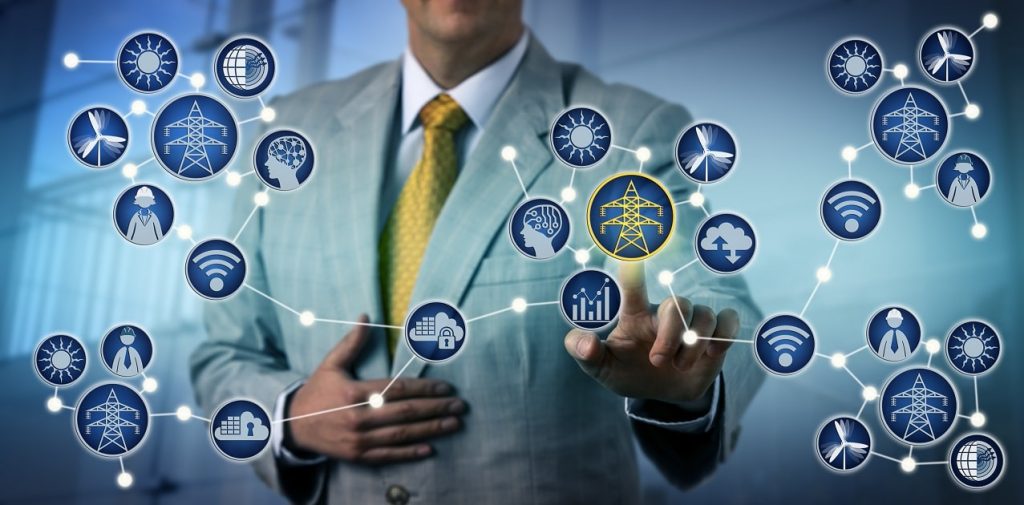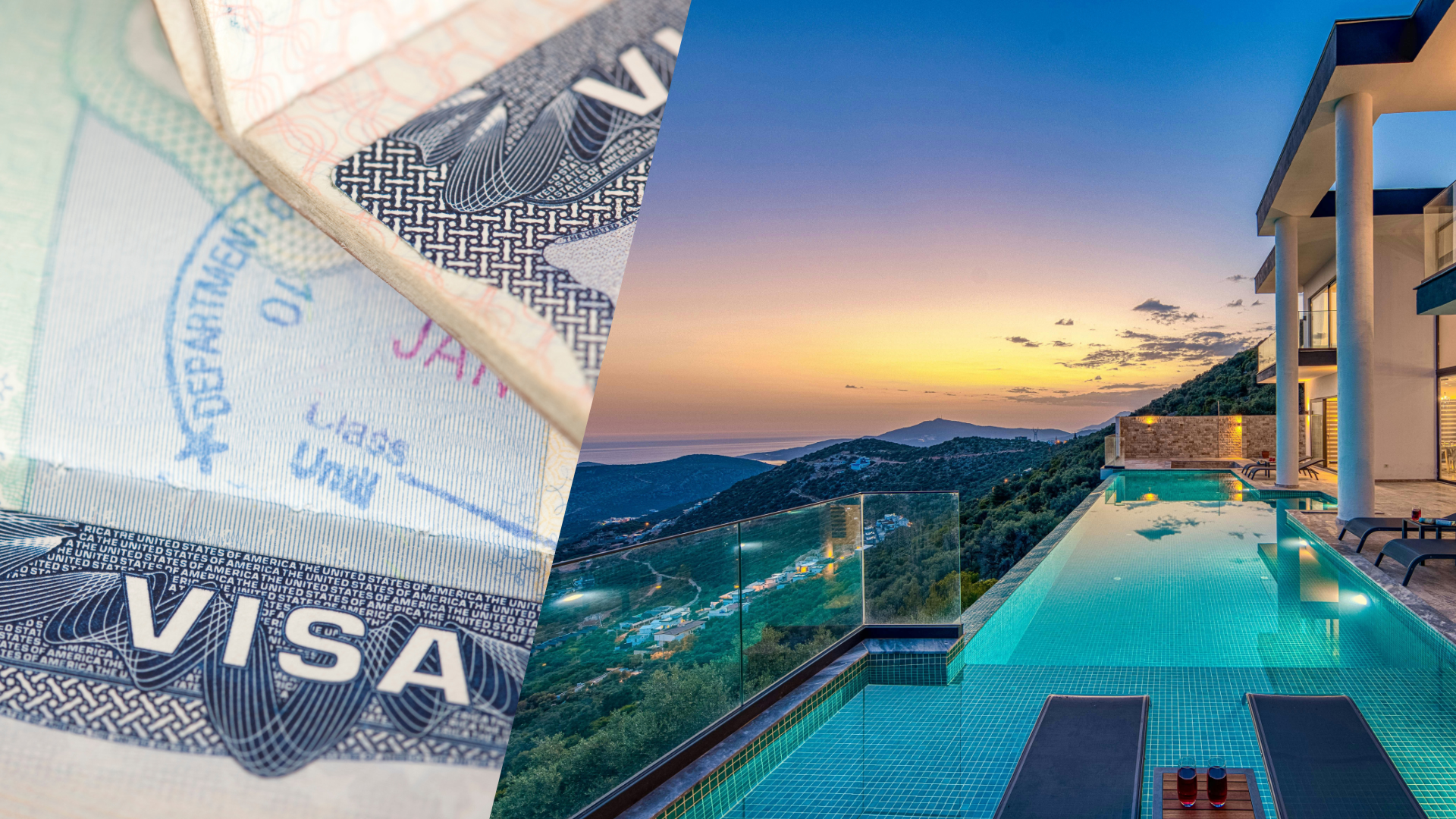DecentralizedAutonomous Organizations , better known by the English acronym DAOs (Decentralized Autonomous Organisations ) are the closest institution to the legal entity existing at the moment in cyberspace. They are entities - resident in one or more Ethereum accounts - through which several users share a common fund and decide, through voting, the fate of the latter.

The blockchain Ethereum blockchain is structured in user accounts, each with its own email address and balance in ethers. These accounts are divided between those belonging to external users(Externally Owned Accounts) and those controlled by a smart contract(Contract Accounts). The latter, in addition to their balance, store executable code. They are completely autonomous, capable of issuing declarations of will on their own. They contain the smart contracts that regulate the operation of the DAOs, which play a role very similar to that of the articles of association in the commercial sphere.
Until 2017 it was usual for DAOs to be controlled by a single smart contract, resident in a single account. However, the catastrophic attack on The Dao in August 2017, as a result of which a huge amount of ethers were stolen, made it advisable to modify this scheme.
Currently, DAOs are typically structured in four smart contracts each located in a different account:
- ERC20: Issues fungible tokens (called governance tokens) that grant political rights over the DAO to its holders, allowing them to make proposals and participate in votes.
- Governor: Manages and orders the execution of the participants' proposals. Each of them proposes the execution (or not) of one or more transactions to other Ethereum addresses (corresponding to other projects), executing, if necessary, functions of their smart contracts.
- TimeLock: Between the approval of a proposal and its execution, a certain period of time must elapse, after which the funds are released.
- Treasury: Funds are located in this account, which is only accessible from the previous account(TimeLock).
Nowadays, platforms such as Aragon allow the creation of this contractual structure by users without programming knowledge.

Given that the blockchains and territorial legal systems form watertight compartments, DAOs themselves lack legal personality. However, in the last two years there have been legislative innovations in various countries and territories around the world such as Wyoming, Switzerland, the Cayman Islands or the Marshall Islands, which allow the attribution of personality to these entities, creating a "legal wrapper" (legal wrapper) in the form of a limited liability company or a foundation. Often, the aforementioned legislation does not require the identification ("KYC") of the participants in the DAO, nor the mandatory appointment of a local administrator or the assessment of corporate income tax. As an entity whose activities are mainly carried out in cyberspace, if the legal wrapper of the DAO is eliminated as a result of an unexpected legislative reform, it is possible to create a new one in another country.
All these advantages are leading to the DAO model being increasingly adopted by financial institutions. The cases of Clipper Exchange, one of the largest decentralized markets in the world, or Cougar Dao, dedicated to real estate business, are clear examples of this.




